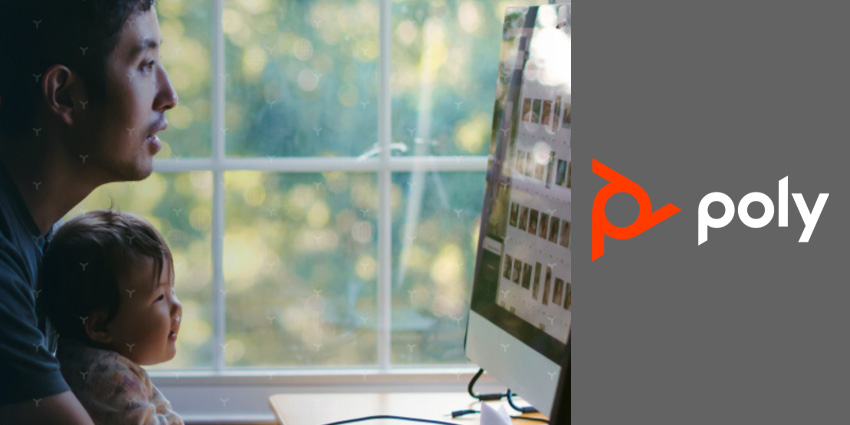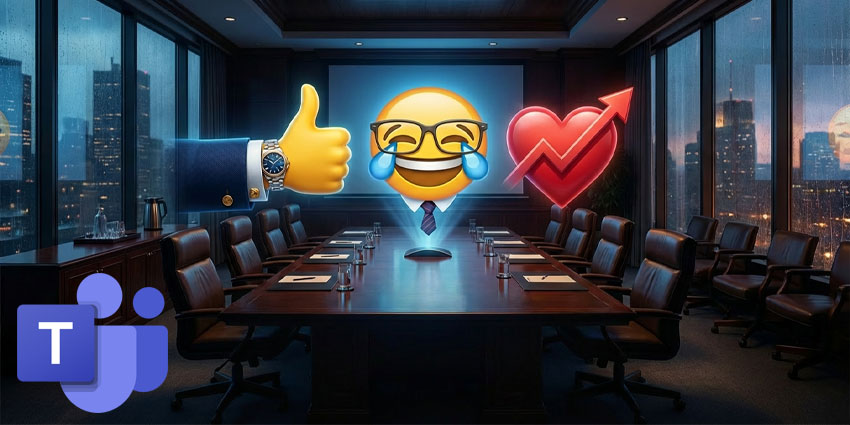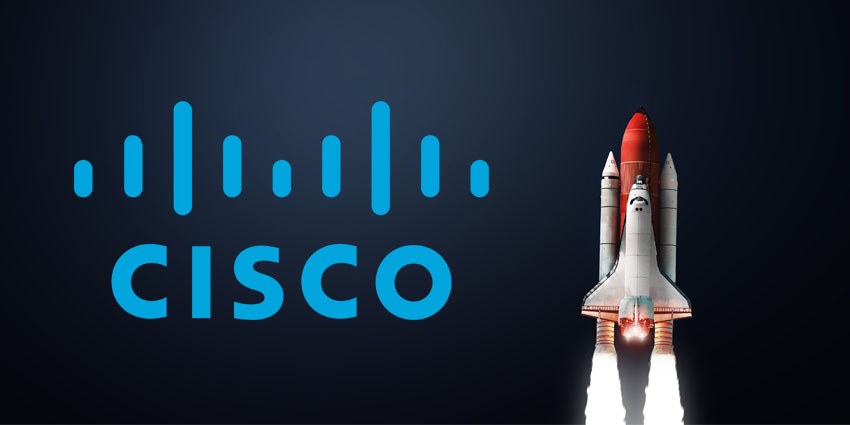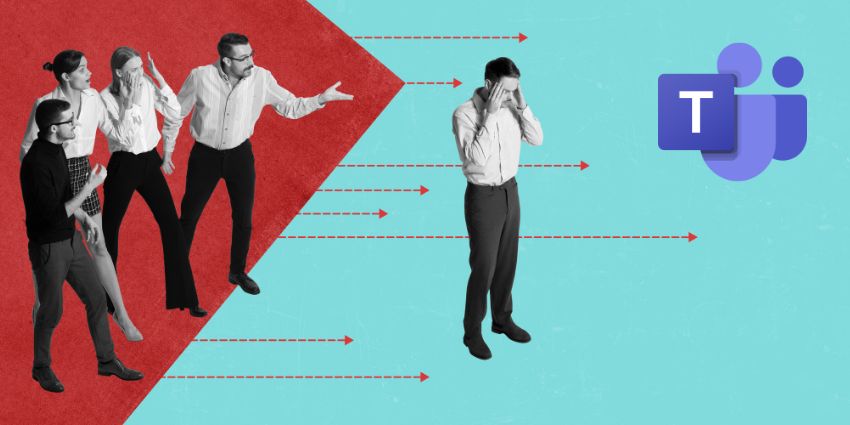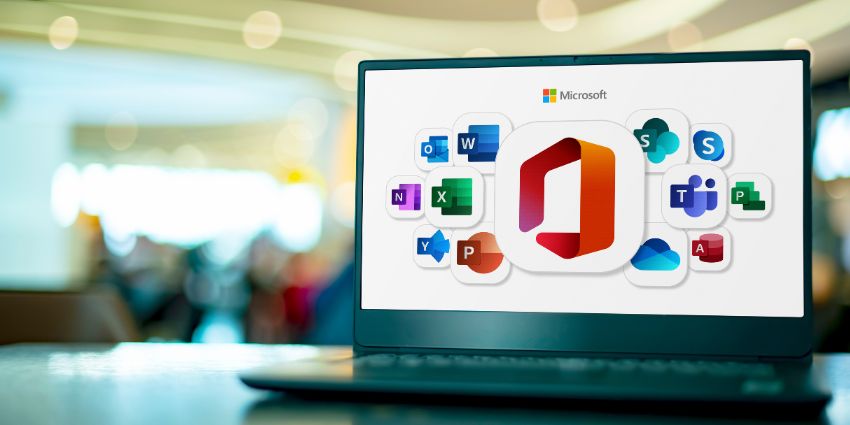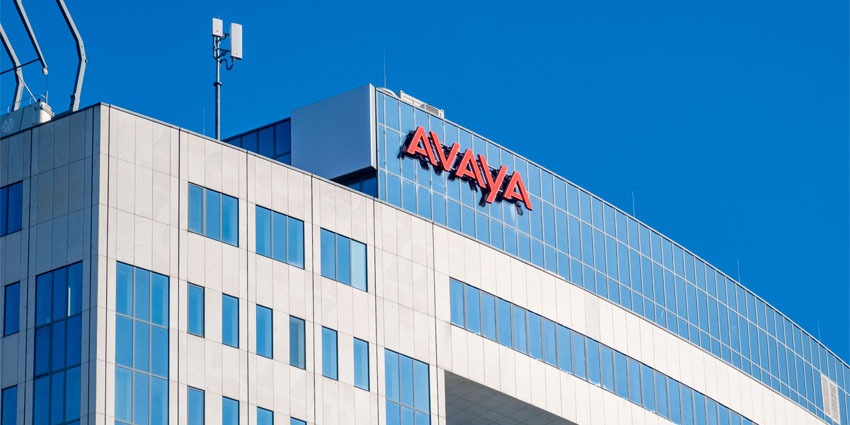In the final part of a three-part series looking at how hybrid working practices, spaces and cultures are changing the world of work forever, UC Today spoke to Poly experts to assess the cultural impacts of the post-COVID world on how we work.

For Darrius Jones, Executive Vice President and Chief Strategy Officer at Poly, video communication will play a vital role in the new culture of work. “85% of communication is non-verbal and in my own experience, eight times out of ten I’m more effective at delivering my message with video than without it,” he said. “The culture of video is therefore going to help people get through this transition to new and hybrid ways of working.”
“This is going to be the norm,” he added. “68% of employers are adopting broader, more flexible working from home policies and 25-30% of employees will be working from home for multiple days each week by the end of 2021.”
This permanent change will enable increased flexibility in working patterns, help organisations recruit people from a wider geographic area and crystallise the shift to working from home but meeting at offices. Jones sees this being enabled by four key technologies: high definition home set-ups, collaboration tools, voice control and low touch devices and artificial intelligence and machine learning.
These are the tools that users will adopt but how they use them is the next critical dimension to address. “I don’t think we are going back to how things were. This is a fundamental shift and it will have different impacts in different parts of the world,” said Carl Wiese, Enterprise Vice President and Chief Revenue Officer at Poly. “Some countries with traditional command and control structures will need to adapt and flex to working from home models.”
“There’s no question that work cultures will change and this change will be different in each market,” he added.
“What will be common though is the issue of employers trusting their people and giving them flexibility in how they work. It’s about getting the best talent on your team—wherever they may be based—and keeping them.”

Ultimately, employment may move away from being based on hours worked to tasks being achieved but this will be highly dependent on the industry involved and the policies of individual employers. However, unexpected organisations are becoming leaders.
“Immersive experiences enable very rich communications,” said Wiese. “The important thing is that organisations can operate now because the barriers to flexibility have been removed. If you need to change your working culture to a hybrid of traditional and flexible, you can do it and do it well.”
Read the first part of the series here and the second here.
